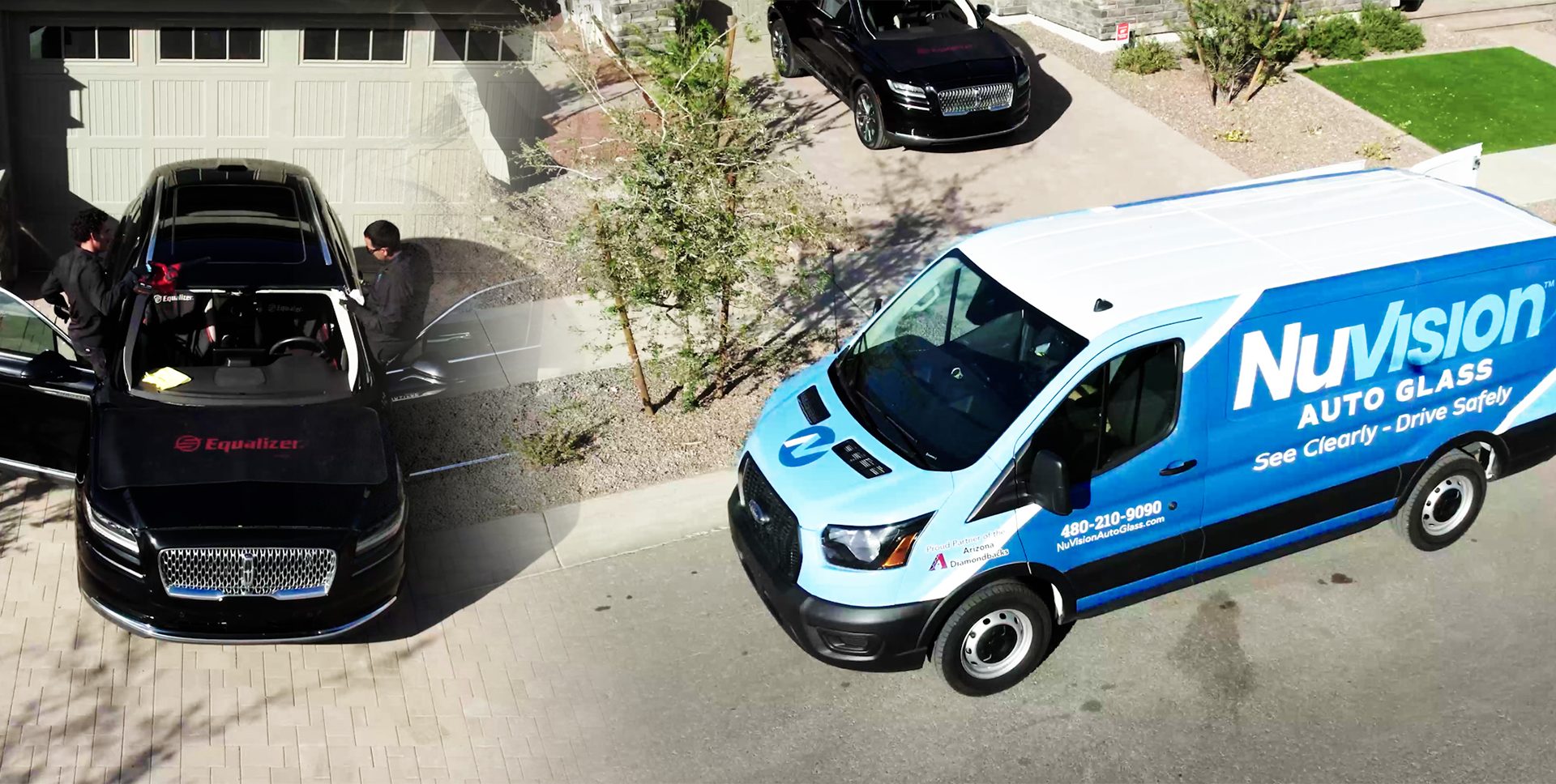How To Reduce Glare on Windshield?

If you’re driving during sunrise, sunset, or on a bright day, you’ve probably dealt with glare on your windshield. That sharp beam of reflected light can make it hard to see, cause eye strain, and increase the risk of accidents.
This guide explains why windshield glare happens, how it affects visibility, and the best ways to reduce it, whether you’re heading out on a long road trip or just trying to get to work safely.
Who Is This For?
This is for drivers who:
- Struggle with harsh sunlight bouncing off the windshield
- Drive frequently at dawn or dusk
- Want to reduce eye fatigue and improve road safety
- Are looking for practical tools or maintenance tips to reduce windshield glare
Common Questions This Answers:
- Why is there glare on my windshield?
- How can I get rid of glare while driving?
- What products or habits reduce windshield glare?
- Is it safe to tint my windows for glare reduction?
- What’s the best way to clean my windshield to avoid glare?
What Causes Windshield Glare?
Windshield glare is caused by a combination of sunlight and reflective surfaces. Here are the most common triggers:
- Direct sunlight during sunrise and sunset
- Reflections from other vehicles, buildings, or wet roads
- Dirty windshields that scatter light across smudges or water spots
- Micro-cracks or chips that refract light unpredictably
Why Reducing Glare Matters
Glare on your windshield doesn’t just make driving annoying, it’s a real safety issue. Here’s why it matters:
- Reduced visibility: Glare limits your ability to see pedestrians, cars, or road signs clearly.
- Eye strain: Bright reflections force your eyes to work harder, which can cause headaches or fatigue.
- Increased accident risk: Impaired visibility reduces reaction time, especially in fast-moving traffic.
Best Ways to Reduce Windshield Glare
Here are practical and proven ways to minimize glare on your windshield:
1. Wear Polarized Sunglasses
- Polarized lenses block horizontal light waves, the ones responsible for glare.
- They’re especially helpful during early morning or evening commutes.
2. Use an Anti-Glare Visor
- Clip-on or adjustable visors help shield your eyes from direct sunlight.
- They’re useful when the sun is low and your standard visor isn’t enough.
3. Apply Anti-Glare Coatings or Films
- Use sprays or films designed to reduce reflections on your windshield.
- For longer-lasting results, get a professional anti-glare treatment from a reputable auto glass provider.
4. Tint Your Side Windows (Legally)
- Tinting helps block intense light coming in from the side, which reduces internal reflections.
- Be sure to check your state’s tinting laws before applying film to your windows or windshield.
5. Keep the Windshield Clean
- Clean regularly using automotive glass cleaner and a microfiber cloth.
- Avoid ammonia-based products; they can leave streaks and damage window tint.
- Don’t forget the inside of the windshield, where dust and off-gassing build up over time.
Maintenance Tips to Prevent Glare Long-Term
Preventive maintenance goes a long way when it comes to visibility. Here’s what to stay on top of:
- Replace worn-out wiper blades: Old blades leave streaks that catch and scatter sunlight.
- Top up washer fluid: Make sure you always have enough fluid to clean the windshield as needed.
- Fix chips and cracks promptly: Light bends through damaged glass, increasing glare. Get windshield chip repair done before it gets worse.
- Inspect regularly: Look over your windshield weekly to catch grime, water spots, or film buildup before it becomes a problem.
Bonus Tip: Don’t Overlook Interior Reflections
A shiny dashboard can also cause glare on your windshield. Use a matte-finish protectant on your dash to reduce reflections, especially in bright sunlight.
When to Call a Pro
If you’ve tried cleaning, coatings, and sunglasses but still deal with glare due to chips, scratches, or general wear on the glass, it may be time to call a professional.
NuVision Auto Glass offers:
- Windshield repairs for chips, cracks, and glare-causing damage
- Full windshield replacement using OEM-grade glass
- Anti-glare coating services and expert consultation
- Mobile service, so you don’t have to drive with reduced visibility
Our technicians can help assess whether your windshield needs a cleaning, repair, or full replacement. If you’re covered under insurance, many of these services may be available at no out-of-pocket cost.
Key Takeaways
- Windshield glare is a safety hazard, not just an annoyance.
- Clean glass, polarized lenses, and anti-glare tools are your best defense.
- Regular maintenance can prevent most glare issues.
- When in doubt, get help from a professional windshield expert.
FAQs
What’s the best way to clean a windshield to reduce glare?
Use an automotive glass cleaner and a microfiber cloth. Clean both sides of the glass, and avoid using household products with ammonia.
Can tinting reduce windshield glare?
Yes, but only when applied within legal limits. Tinted upper sunstrips or professionally applied anti-glare film can help.
Why does my windshield glare more at night?
Dirty glass, interior reflections, and headlight glare all become more noticeable at night. Regular cleaning and anti-glare coatings help.
Can cracks in the windshield cause glare?
Absolutely. Cracks and chips can refract light, creating blinding flares. These should be repaired as soon as possible.
How do I know if I need to replace my windshield because of glare?
If glare persists even after cleaning and coating, and you notice chips, scratches, or warping, it’s time to consult a professional.
FURTHER READING
➤ How to Use Windshield Repair Kit
➤ What Is the Front Window of a Car Called?
➤ How to Defog Car Windows in the Morning

